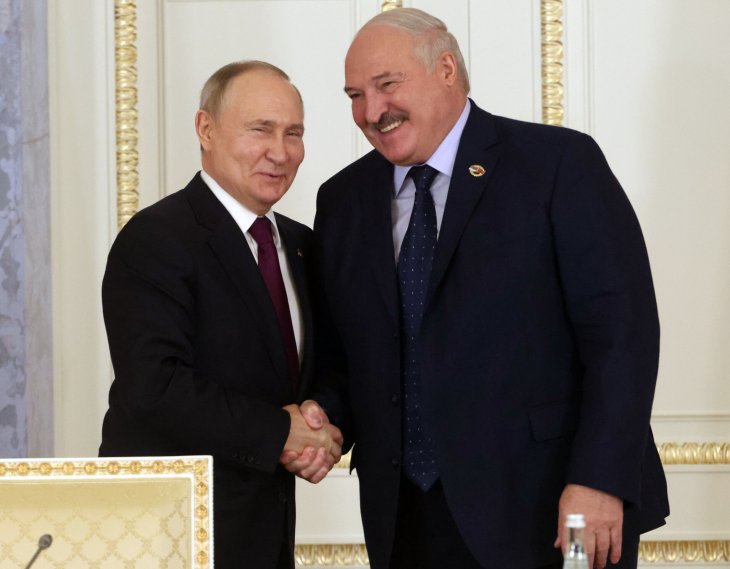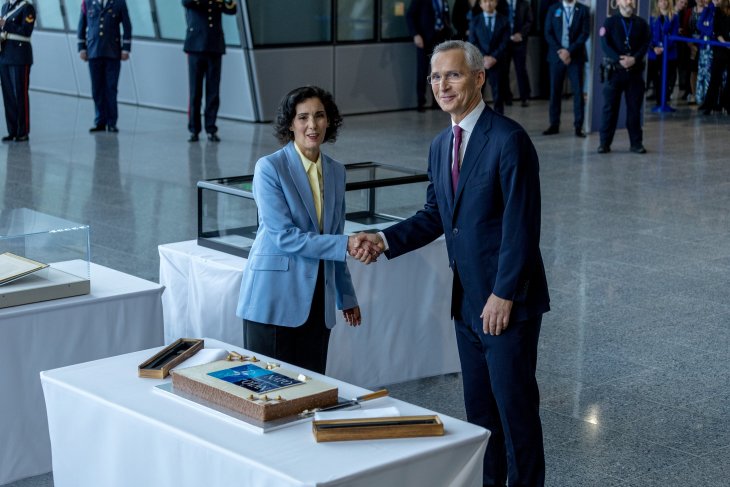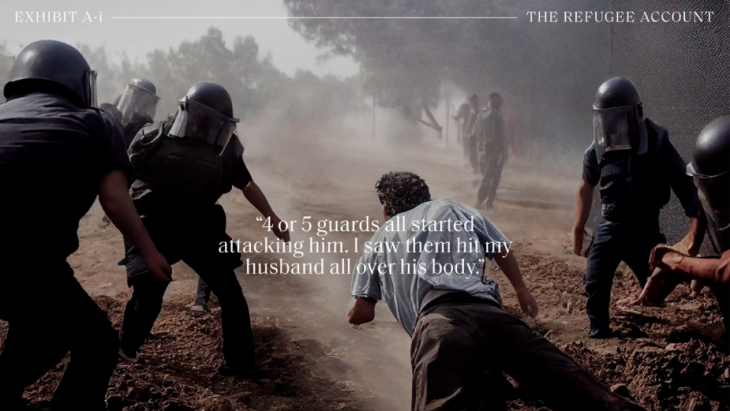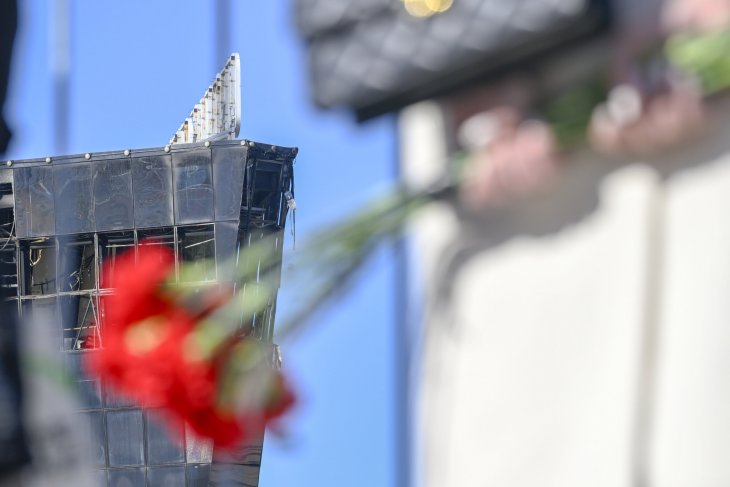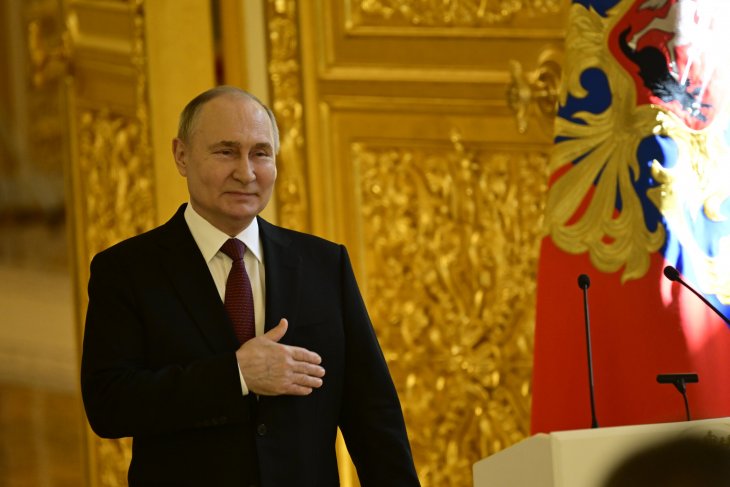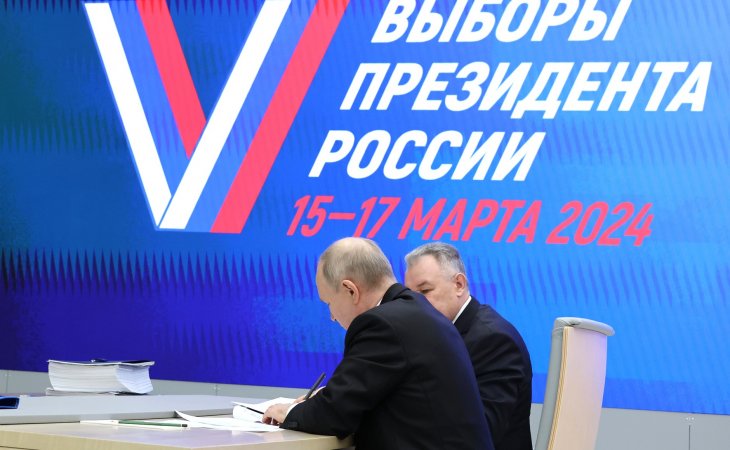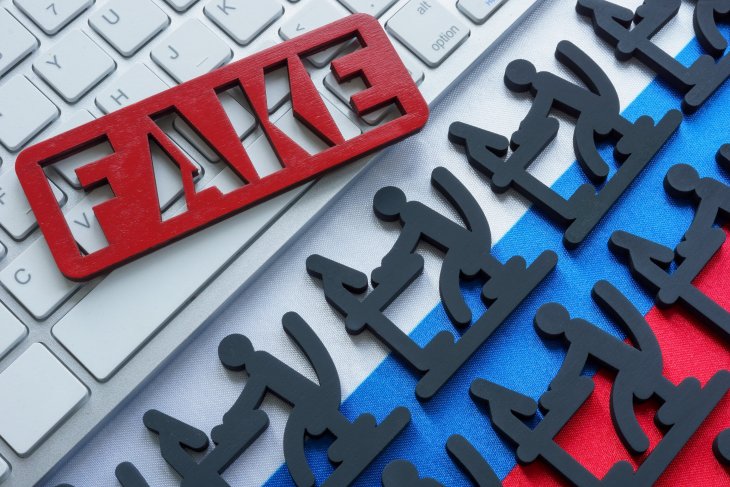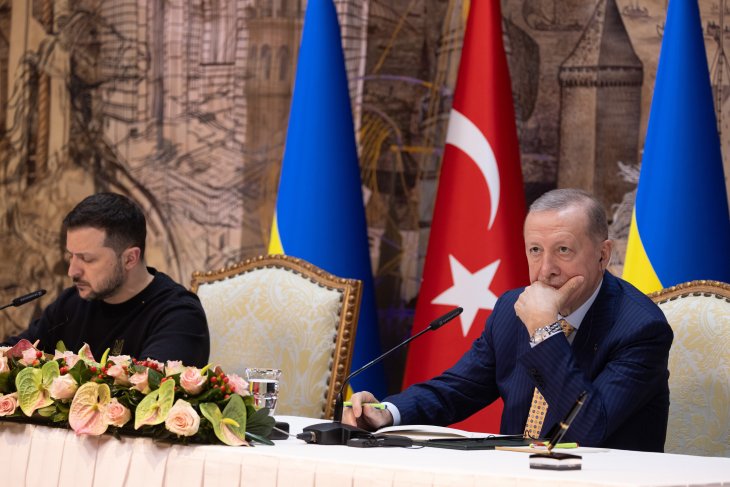Many strategic surprises have come from the combat operations on the Black Sea theatre in the last 25 months, and they keep coming as the long Russo-Ukrainian war continues to evolve, while the prospect of peace is barely visible through its fog.
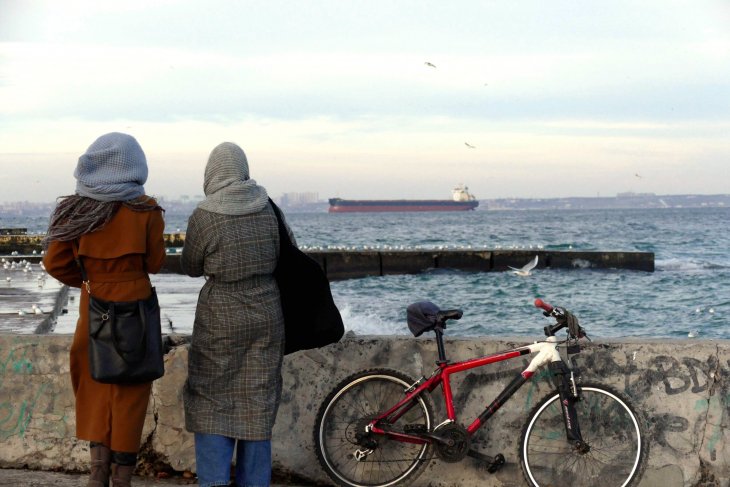
Commercial maritime traffic in the Black Sea continues and even expands. Photo: Ukrinform/NurPhoto via Getty Images
In the domain of politics, one surprise is that the Black Sea region has not been completely transfigured into the theater of war, but endured, even if its key institution – the Black Sea Economic Cooperation (BSEC) – barely functions in a few working groups and the Parliamentary Assembly.Read More
